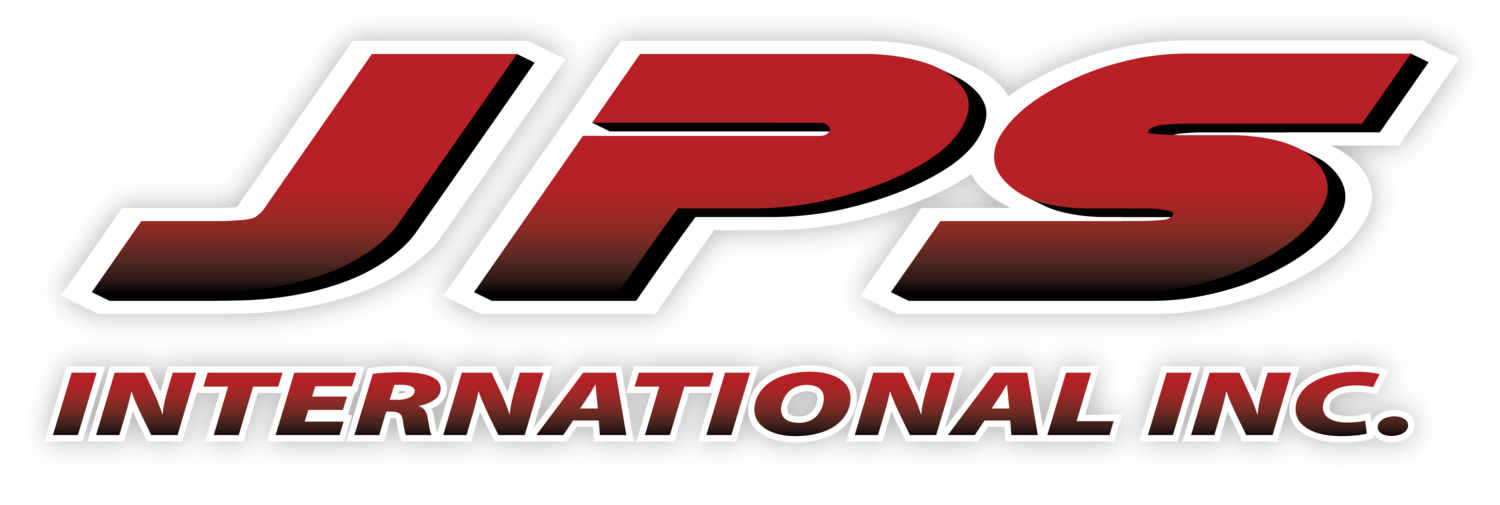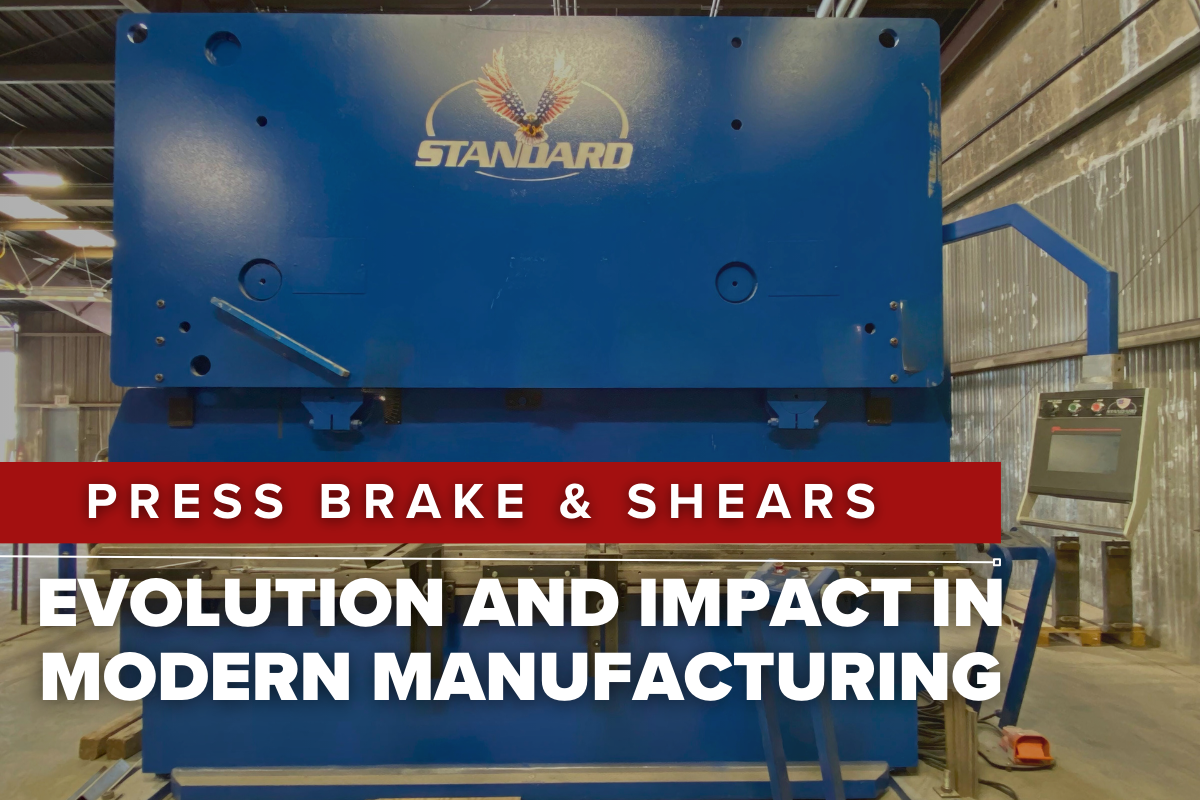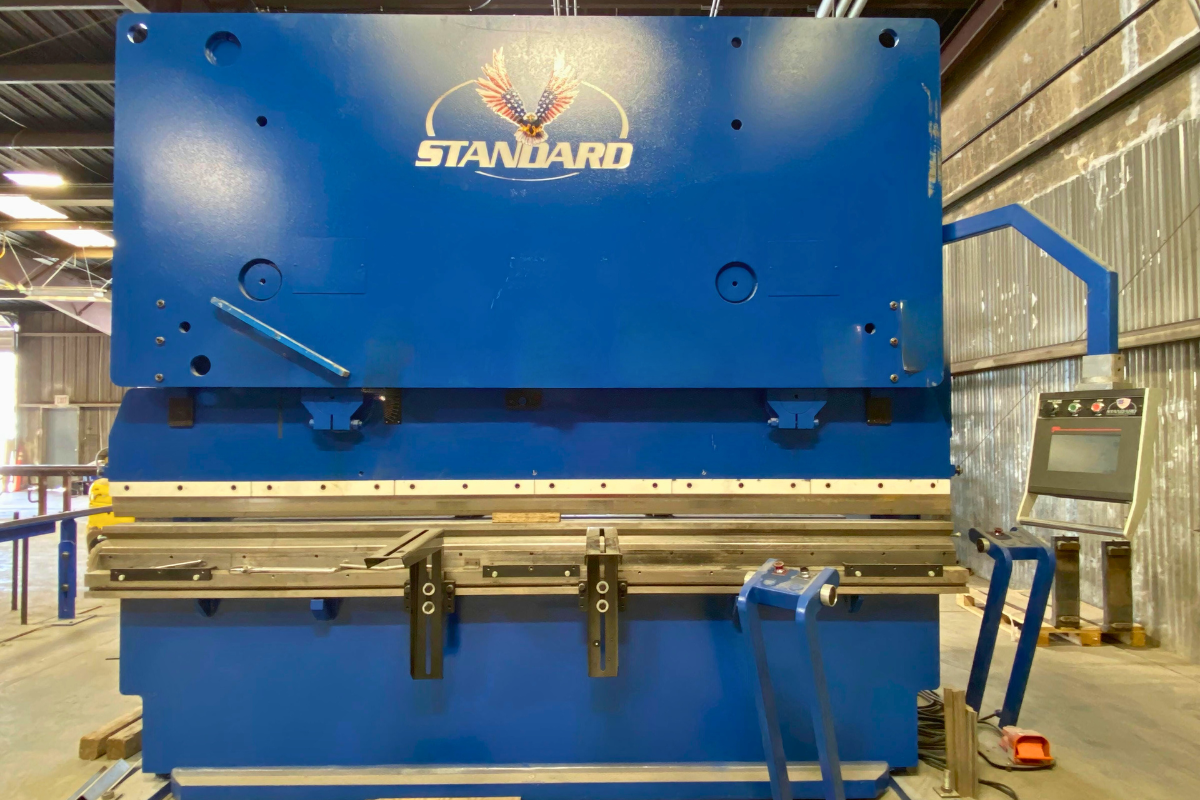The Evolution and Impact of Press Brakes and Shears in Modern Manufacturing
In modern manufacturing, press brakes and shears play a pivotal role. These powerful machines are essential for shaping and cutting metal components, making them indispensable in industries ranging from automotive to aerospace. Over the years, press brakes and shears have undergone significant evolution to meet the ever-changing demands of the manufacturing sector.
This article covers the importance of these machines, their technological advancements, and the warranties that ensure their reliability and performance.
Introduction to Standard Industrial Corp.
Standard Industrial Corp., based in Clarksdale, MS, USA, is a leading manufacturer of high-quality press brakes and shears. With thousands of machines and generations of references across the U.S., Standard Industrial has established itself as a trusted name in the industry.
The company is renowned for its powerful, precision machines made in the USA, and it offers an unmatched 5-year warranty based on a 24-hour workday, 7 days a week, 365 days a year.
Professional, readily available service and onsite training and service technicians further enhance the value of their products.
Press Brakes
Key Features and Capabilities
Press brakes are versatile machines used to bend, form, and shape metal components with precision. They are capable of handling various materials, including steel, aluminum, and copper, making them suitable for a wide range of applications.
The primary function of a press brake is to create bends by clamping the workpiece between a matching punch and die. This process allows manufacturers to produce complex shapes and angles with high accuracy.
Advancements in Press Brake Technology
The evolution of press brake technology has been marked by several key advancements:
Improved Precision: Modern press brakes, such as the Y1-Y2 Model EV Precision Brakes, offer exceptional ram repeatability, with tolerances as tight as ±0.0004 inches. This level of precision ensures consistent and high-quality bends, reducing material waste and rework.
Increased Speed: Advancements in hydraulic and servo-electric systems have significantly increased the speed of press brakes. Faster cycle times translate to higher productivity, allowing manufacturers to meet tight production schedules.
Energy Efficiency: Energy-efficient press brakes, like those offered by Standard Industrial Corp., are designed to minimize power consumption without compromising performance. This not only reduces operational costs but also aligns with sustainability goals.
Highlights: From Manual to CNC Press Brakes:
Manual Press Brakes: Early models relied on the operator's skill and experience. Achieving consistent results was challenging, and complex bends required meticulous adjustments.
CNC Press Brakes: Computer Numerical Control (CNC) press brakes have changed the game. These machines use computer programming to control the bending process, ensuring high precision and repeatability. Operators can input complex bending sequences, and the machine executes them with remarkable accuracy.
Typical Warranties for Press Brakes
Manufacturers like Standard Industrial Corp. provide robust warranties to ensure the reliability and longevity of their press brakes. Their standard 5-year limited labor warranty covers main hydraulic cylinders, drive components, shafts, bearings, motors, and more.
This warranty guarantees that if any problem cannot be resolved via telephone troubleshooting, a technician will be dispatched to the customer's facility at no charge. Additionally, an optional 7-year extended warranty is available, further enhancing the machine's value and customer peace of mind.
Shears
Role in Modern Manufacturing
Shears are essential for cutting and trimming metal sheets and plates with precision and efficiency. They are widely used in industries such as construction, shipbuilding, and metal fabrication. Shears operate by applying a high-force blade to the metal, resulting in clean and accurate cuts.
This process is crucial for preparing materials for further processing or assembly.
Latest Developments in Shear Technology
The technology behind shears has also seen significant advancements:
Improved Blade Design: Modern shears feature advanced blade designs that enhance cutting accuracy and reduce material deformation. These blades are made from high-quality materials, ensuring durability and long service life.
Automated Control Systems: The integration of automated control systems has revolutionized shear operations. These systems allow for precise control of cutting parameters, reducing the need for manual adjustments and increasing overall efficiency.
Highlights: From Mechanical to Hydraulic Shears:
Mechanical Shears: Early shears used a mechanical linkage to convert the operator's input into cutting force. While effective, they required significant manual effort and were limited in capacity.
Hydraulic Shears: Hydraulic technology has allowed for more powerful and precise cutting. Hydraulic shears use fluid pressure to generate cutting force, enabling them to handle thicker and harder materials with ease.
Advanced Features of Modern Shears:
Adjustable Blade Gap: Modern shears feature adjustable blade gaps, allowing operators to fine-tune the cutting process for different material thicknesses and types.
Back Gauges and Programmable Controls: These features enable precise and repeatable cuts. Operators can set the desired cut length and the machine will automatically position the material, ensuring consistent results.
Safety Enhancements: Modern shears come equipped with advanced safety features such as light curtains and emergency stop buttons, protecting operators from potential hazards.
Typical Warranties for Shears
Standard Industrial Corp. offers comprehensive warranties for their shears, similar to those for press brakes. Their 5-year parts and limited onsite labor warranty covers critical components such as hydraulic cylinders, drive components, motors, and structural integrity.
Additionally, a 1-year warranty is provided for shear blades, dies, and related accessories. This extensive coverage ensures that customers can rely on their shears for consistent performance and minimal downtime.
Transforming Work and Output with Press Brakes and Shears
The evolution of press brakes and shears, spearheaded by companies like Standard Industrial, has profoundly impacted manufacturing operations, offering several key benefits:
Increased Productivity: Automation and CNC control reduce the need for manual intervention, allowing machines to operate faster and more efficiently. This results in higher throughput and shorter production times.
Improved Quality: The precision offered by modern press brakes and shears ensures that parts are manufactured to exact specifications, reducing waste and rework.
Flexibility: Advanced features and programmable controls allow manufacturers to quickly adapt to changing production requirements, making it easier to handle a variety of projects with different specifications.
Cost Savings: By reducing manual labor and minimizing errors, modern press brakes and shears help lower production costs. Additionally, the increased efficiency and productivity translate to higher profitability.
Key Takeaways: Embracing the Future of Metalworking
The impact and evolution of press brakes and shears in modern manufacturing cannot be overstated. These machines have transformed the way metal components are shaped and cut, contributing to increased efficiency, productivity, and quality in the industry. The advancements in precision, speed, and energy efficiency have made press brakes and shears indispensable tools for manufacturers worldwide.
Moreover, the robust warranties offered by manufacturers like Standard Industrial Corp. provide customers with the assurance that their investments are protected. With a standard 5-year limited labor warranty and optional 7-year extended warranty, customers can trust that their machines will perform reliably for years to come.
Overall, press brakes and shears have evolved to meet the changing needs of the manufacturing industry, driving innovation and excellence in metal fabrication. As technology continues to advance, these machines will undoubtedly play an even more critical role in shaping the future of manufacturing.
If you have questions and want to learn more or see these machines in action - contact us info@jpsint.com.




